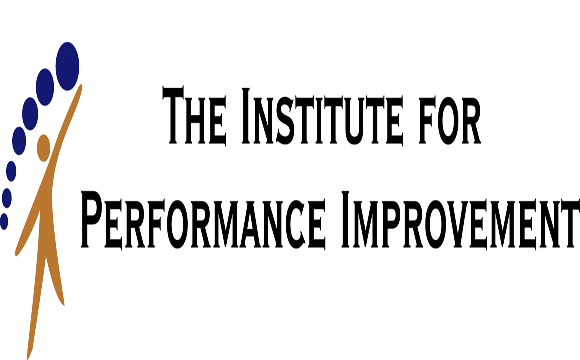Is it time for micro-credentials or badges in all sectors of education and work?

In preparation for employment, applicants write a resume to communicate their academic and work credentials. Based on the resume, employers may interview the applicant and determine that they are the right person for the job. Some time later, an employer may find that the employee does not have the credentials needed to effectively accomplish the job. Considering the need for highly qualified talent for 21st century jobs, the critical questions to be asked are: Is it time for micro-credentials or badges in all sectors of education and work? What is the value of badges? Why is there a need for a school improvement specialists and superintendent badges?
Deb Page, president of The Institute for Performance Improvement was one of the outstanding speakers at the National Association of School Superintendents’ Symposium in Newport Beach, California. The symposium’s theme was “Key Issues and Challenges Confronting Education’s Top Executives Today.” Page focused her discussion on the cutting edge topic of micro-credentials or badges in the education sector. Following is an excerpt of Page’s speech.
Micro-credentials or badges are electronic devices that are posted on a website where prospective employers can verify the credentials of individuals. Although old as scouting, badges have arisen as a new type of credential process across all job sectors. They recognize that jobs change and new skills and roles evolve within them, and individuals can move into roles for which they were not formally trained. Badges are in demand by practitioners to distinguish them from competition in the marketplace.
Many organizations such as the school system have a difficult time of finding “highly qualified” applicants based on local, state and federal requirements. To address challenges confronting the education sector, each year over $55 billion is spent on school improvement. Considering the need for a school improvement specialist’s badge, in 2011 the International Society for Performance launched the Certified School Improvement Specialist (CSIS) to provide practitioners and other professionals with the supervisory authority to lead school improvement in the education sector.
The standards for the CSIS include critical competency areas such as: analyze and apply critical judgment; facilitate deriving meaning and engagement; focus on systemic factors; plan and record; organize and manage resources; guide and focus on collaborative improvement; build capacity; demonstrate organizational sensitivity; monitor adoption and accountability and implement for sustainability.
Just as there are standards for the Certified School Improvement Specialist’s role, there is a critical need for credentials and standards for superintendents. Superintendents have one of the toughest jobs and thus, some of the reasons for a badge are to build capacity in the pipeline for future superintendents, emphasize core capabilities and allow individuals to match the credential with their developmental needs and career goals. Based on the Institute for Performance Improvement’s interviews with superintendents, the potential domains for superintendents include three components: leadership series, culture of accountability series and oversight series.
For the leadership series, the goal is to focus on the mission of student performance, plan for the future with vision, engage stakeholders in support of the mission and guide effective governance. For the culture of accountability series, the goal is to develop a team-based culture that supports the mission, communicate effectively via appropriate media, be a good steward of resources and implement research-based practices with fidelity. For the oversight series, the goal is to apply effective performance and talent management practices, manage operations effectively, develop innovative strategies that work and comply with laws, regulations and funding requirements.
In support of digital badges, Secretary Arne Duncan stated in 2011 at the Fourth Annual MacArthur Foundation Digital Media and Lifelong Learning Competition that, “Digital badges can help speed the shift from credentials that simply measure seat time, to ones that more accurately measure competency. Today’s technology-enabled, information-rich, deeply interconnected world means learning not only can – but should – happen anywhere, anytime. We need to recognize these experiences, whether the environments are physical or online, and whether learning takes place in schools, colleges or adult education centers, or in afterschool, workplace, military or community settings.”
As a rule of thumb, we know that “resumes” can reflect the credentials of applicants for employment. However, we do not know if the information placed on the “resumes” actually match their skills to do the job on an efficient level. In contrast to traditional credentials (degrees, diplomas or certificates), badges provide proof of skills earned for employment and learning associated with it. The CSIS recognizes the applicants’ ability to facilitate systemic changes that leads to improved academic achievement in the education sector. The certification provides proof of completion and recognition by school system leaders, state education agency, etc. According to CEO Dr. Judith Hale and Deb Page, The Institute for Performance Improvement’s next task in building a superintendent badge is to work with focus groups to determine the standards for superintendents. Stay tuned for further details.
Dr. Ronald Holmes is the author of five books, “Education Questions to be Answered,” “Current Issues and Answers in Education,” “How to Eradicate Hazing,” “Professional Career Paths” and “Your Answers to Education Questions.” He is publisher of “The Holmes Education Post,” an education focused Internet newspaper. Holmes is a former teacher, school administrator and district superintendent. He can be reached at [email protected].

